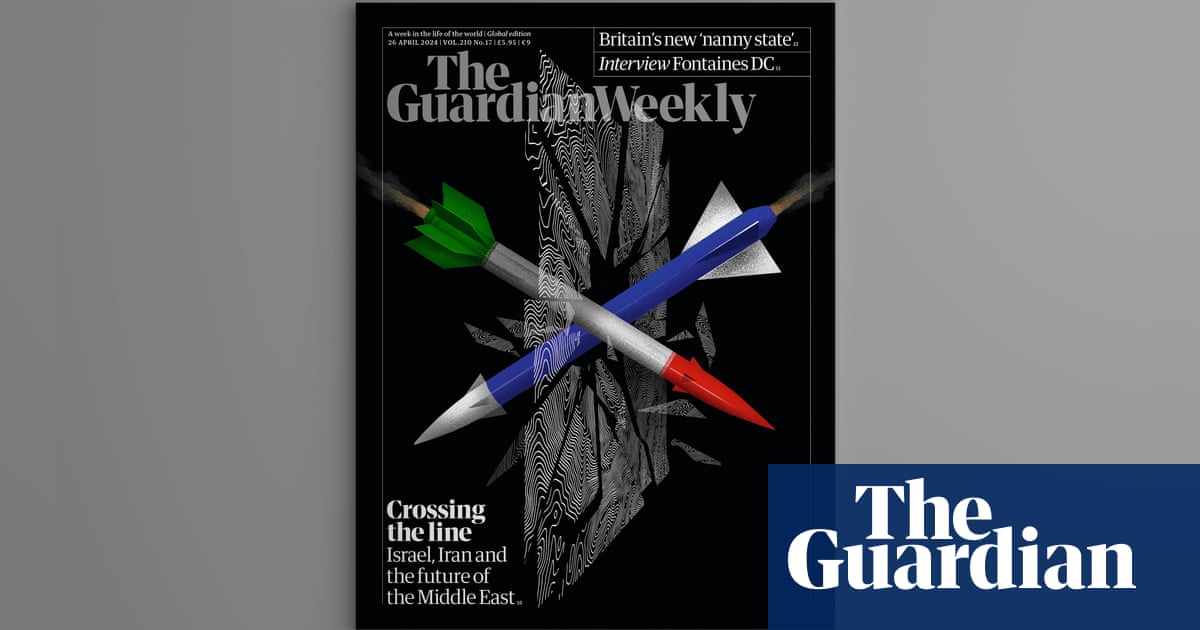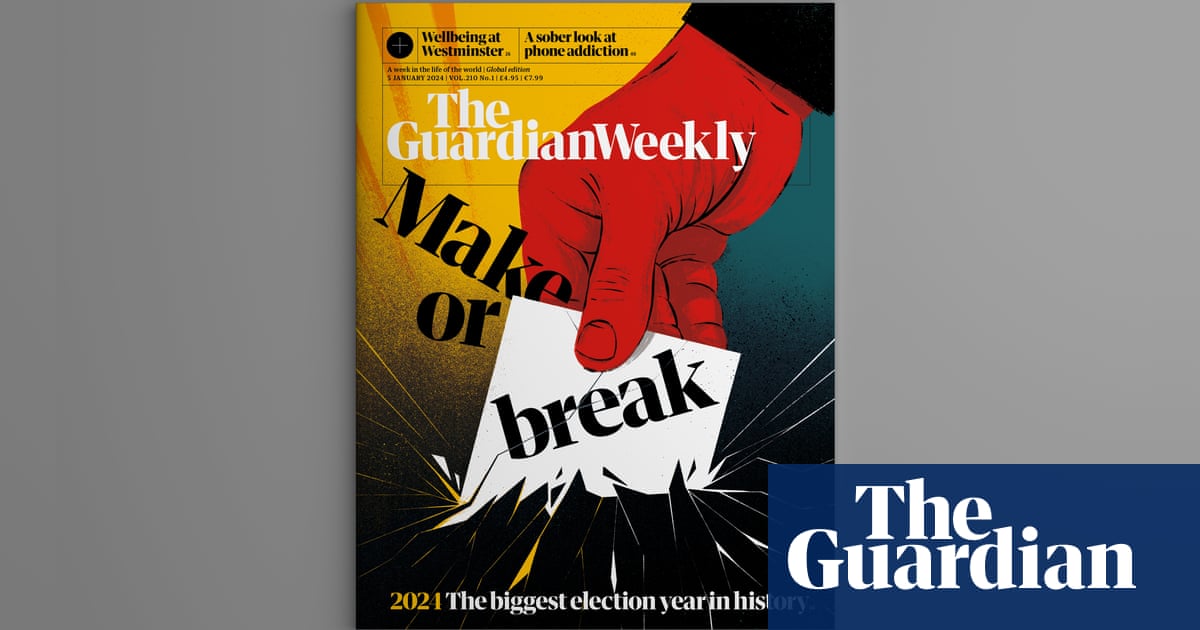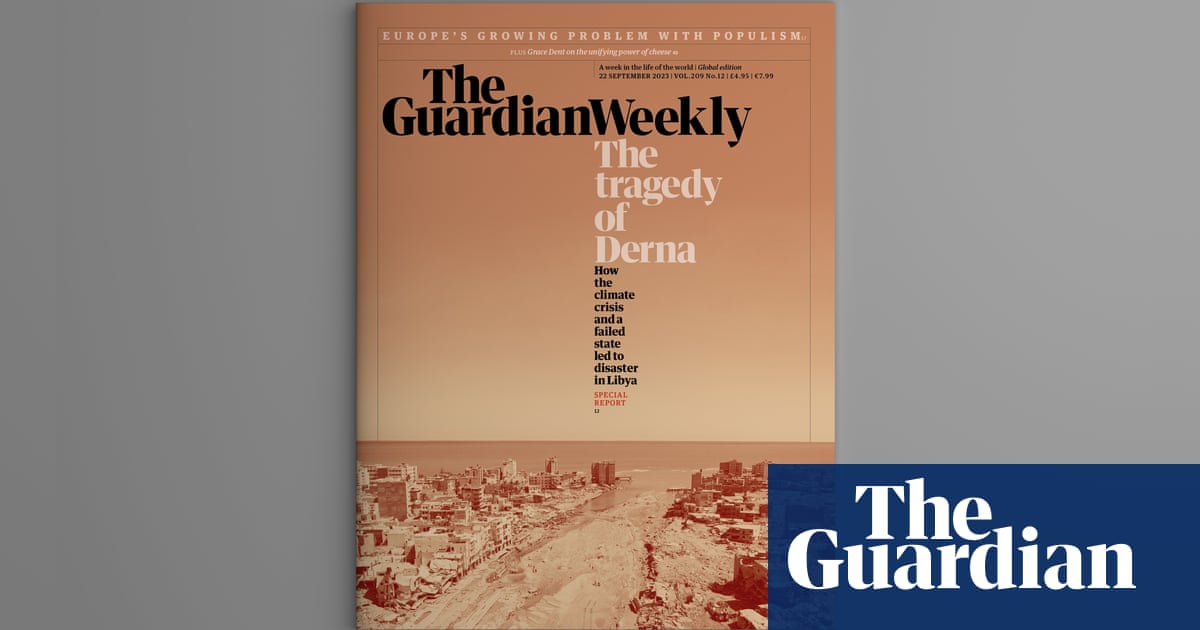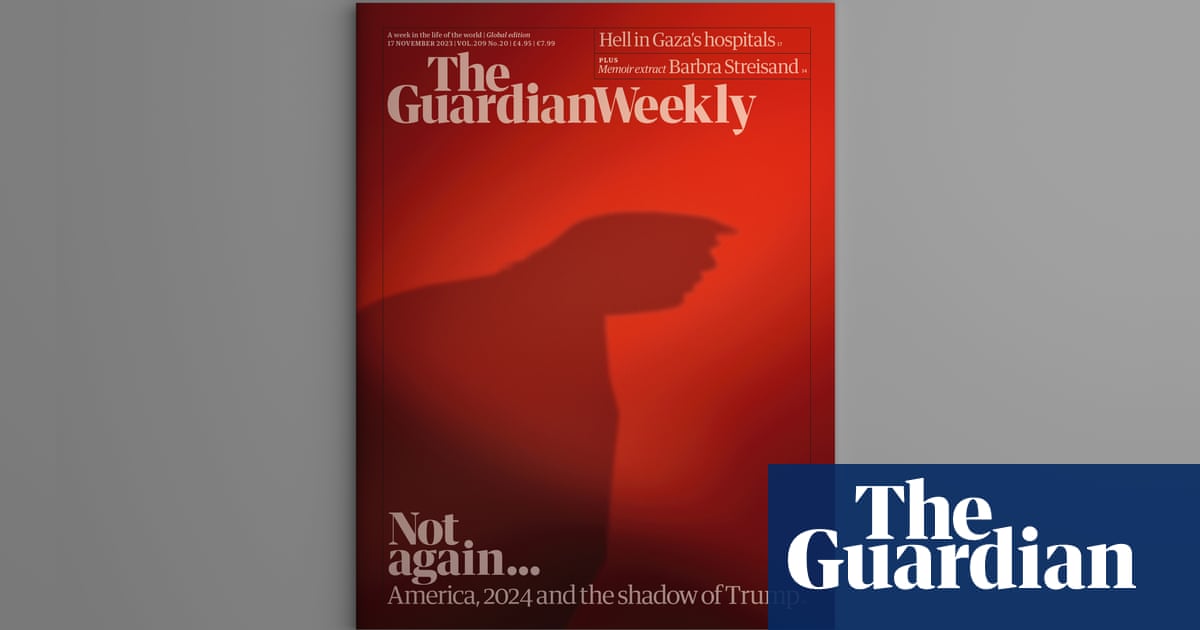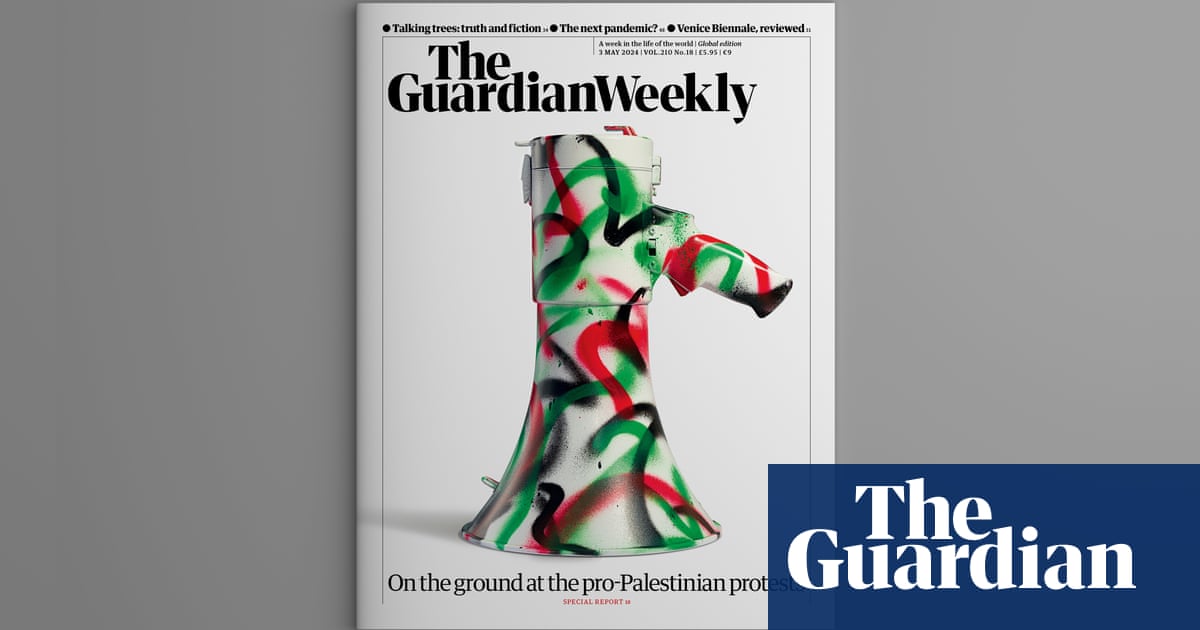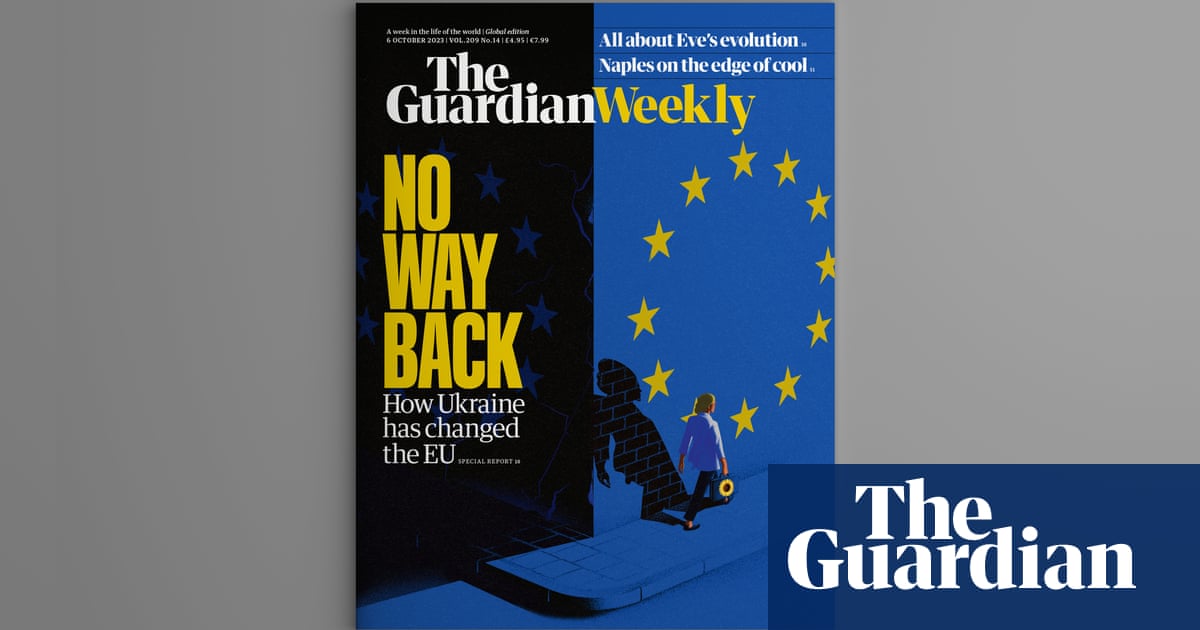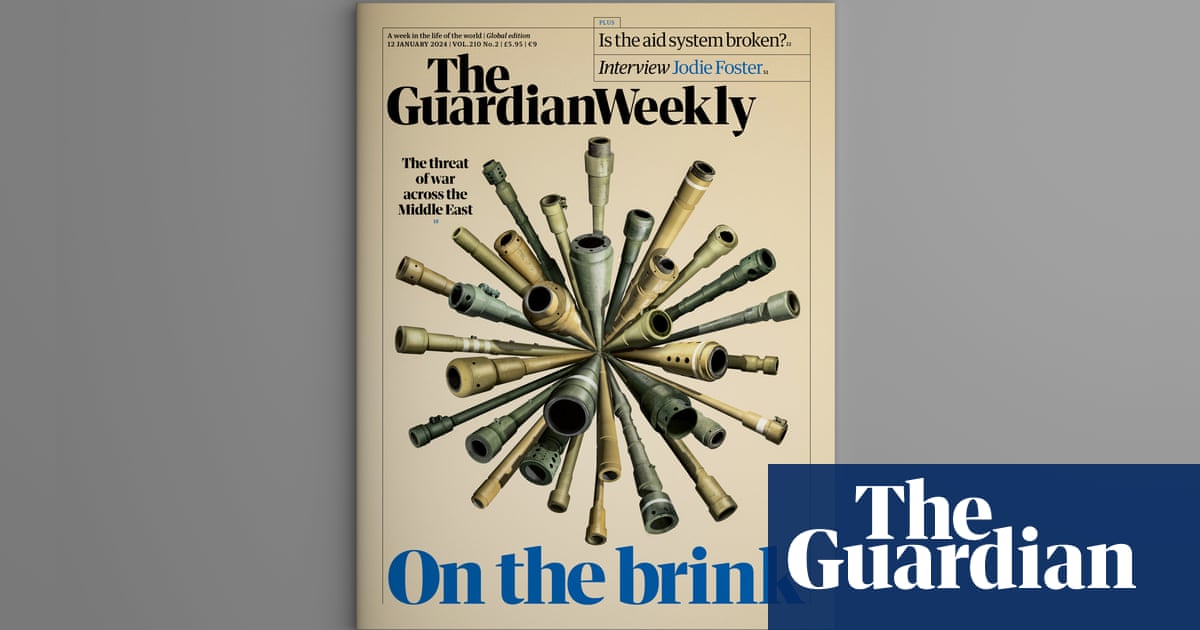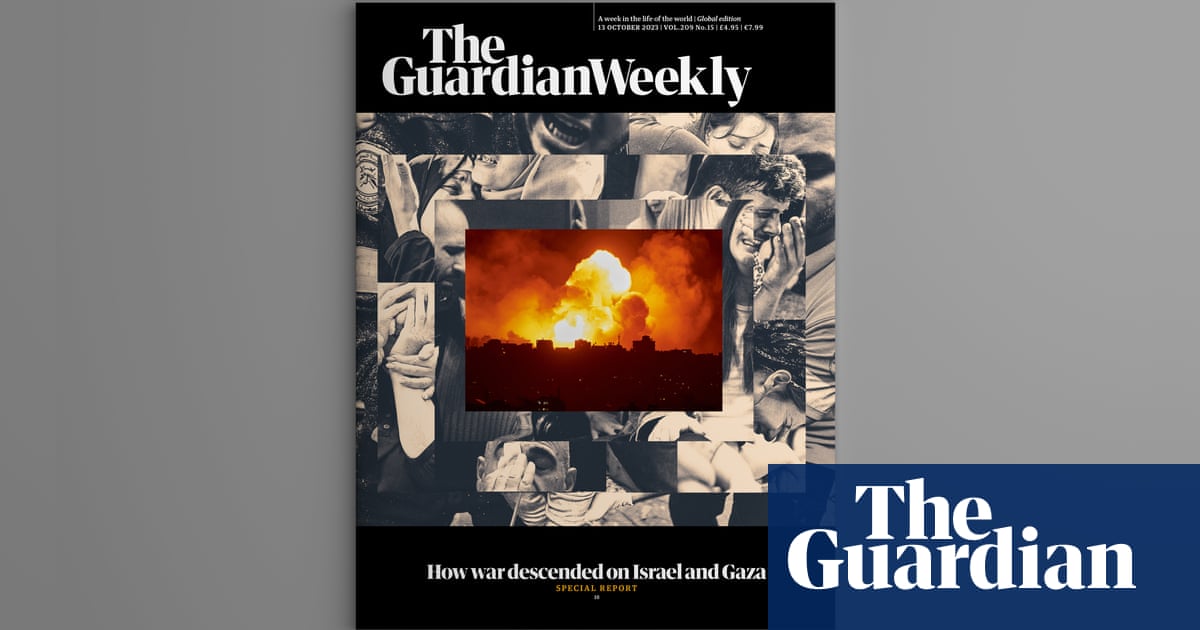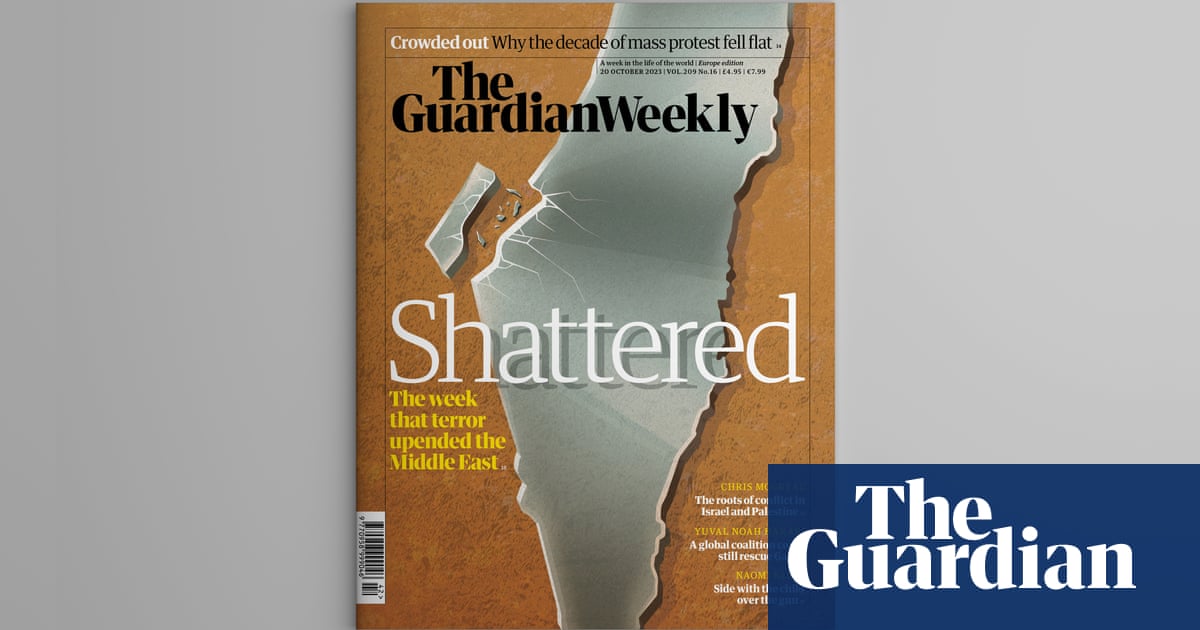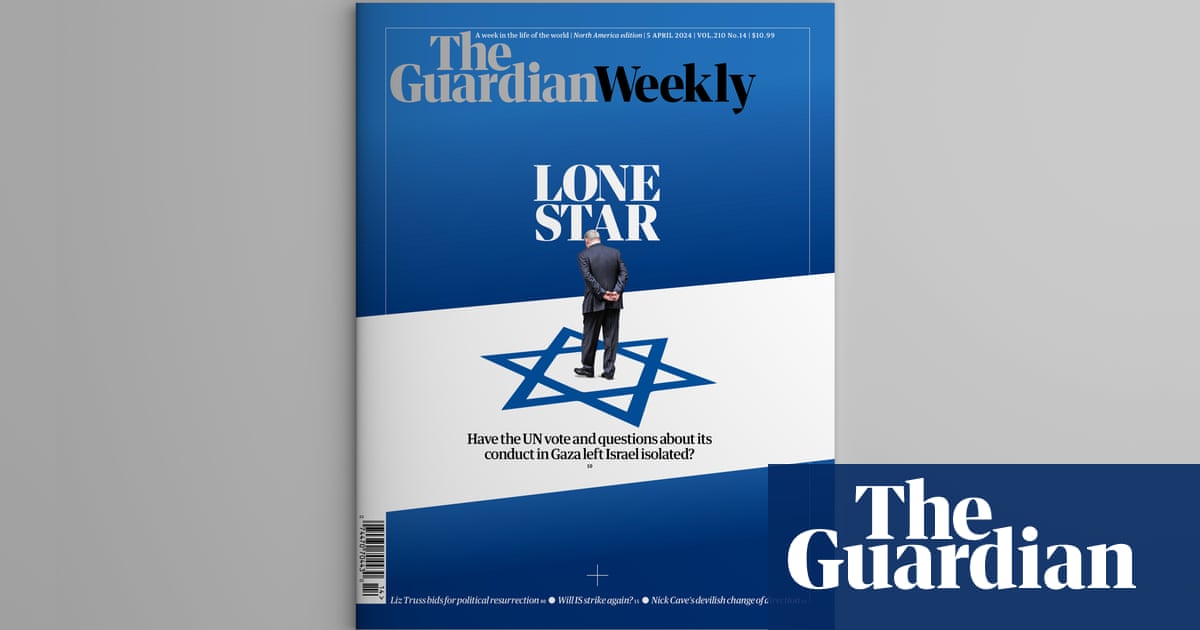
The aftermath of the UN resolution on a ceasefire in Gaza is analysed in this week’s edition. Julian Borger, our Washington-based world affairs editor, along with reporters in Israel and London, examines why legal qualms about how Israel conducts its campaign to root out Hamas from the Palestinian territory played into the US decision to abstain from exercising its veto on the UN vote.
If observers believed the Biden administration was sending Israel a clear message that it was no longer prepared to let US credibility on the world stage trickle away after pleas to Netanyahu to stop bombing civilian areas and allow food aid into Gaza had gone unheeded then the weekend’s revelation that the latest shipment of heavy US munitions was on its way to the Israeli military suggests that signals from Washington still remain mixed.
However, disquiet over the legality of Israel’s conduct persist with accusations that it is committing war crimes centring on its failure to protect in Gaza civilians or meet their basic needs. And as protests in Israeli cities last weekend have shown, Netanyahu is under pressure from the families of hostages seized by Hamas after its 7 October attack who have lost patience with his failure to bring their loved ones home and from ultra-Orthodox conservative supporters of the coalition whose sons previously excused military service may now have to serve as conscripts.
This week, news of the Israeli strike on aid workers has led to a vital lifeline to Gaza being cut and seemingly leaves the Netanyahu government further isolated.
Elsewhere in this edition, we return to the Cotton Capital series, launched just over a year ago and its exploration of the Guardian founders’ links to Manchester, Jamaica and the United States through transatlantic slavery. The complexity of that legacy and how it shapes contemporary societies is detailed by the experience of Vincent Brown in our main feature. As the author of a book about a pivotal uprising in 18th-century Jamaica, he was enlisted in a campaign to make its leader a national hero but found himself questioning the whole project and his role in it.
Five essential reads in this week’s edition
Spotlight | IS affiliates could launch new wave of terror on the west
Islamic State has stalled in Iraq and Syria but officials believe it has been planning new attacks on the west for years, reports Jason Burke; while Angelique Chrisafis writes that France’s interior minister has met intelligence services to assess the terrorist threat to the country ahead of this summer’s Olympic Games
2
Environment | True cost of a city built from scratch
Nusantara is billed as a state-of-the-art capital city that will coexist with nature – but not all residents of Borneo’s Balikpapan Bay are happy, find Rebecca Ratcliffe and Richaldo Hariandja
3
Feature | 49 days later
Liz Truss trashed the economy as Britain’s shortest-serving prime minister. But she is back, launching a new conservative movement and spreading her ideology across the world. You just can’t keep a bad politician down, argues David Runciman
4
Culture | The devil in the details
In the past nine years, Nick Cave has lost two sons – an experience he explores in a deeply personal new ceramics project. He discusses mercy, forgiveness, making and meaning with Simon Hattenstone
5
Architecture | A Māori-built environment
A new wave of Indigenous architects are behind a series of stunning buildings embracing tribal identity in Aotearoa New Zealand, Oliver Wainwright discovers
What else we’ve been reading
As the stressful (for pupils and parents) UK exam season draws near, I enjoyed reading Emine Saner’s report on how freedom, creativity and a nurturing approach have helped make Estonia’s schools the top-ranked in Europe. I especially liked the concept of a “brain break”, where lessons are paused so pupils can move about or play a game. Clare Horton, assistant editor
The author Andrew O’Hagan writes accurately about how different generations have had contrasting experiences in leaving the parental home over the past 70 years. His generation could not wait to get out as soon as possible, but it’s not such an easy escape for those in their twenties now. Many of his experiences feel familiar, including being inspired by the world conjured up by the Liver Birds as “a feast of independence”. Anthony Naughton, assistant editor
Other highlights from the Guardian website
Audio | The birdwatcher fighting racism in public spaces
Video | ‘Our dream has come true’: Georgia fans go wild as team reach Euros for first time
Gallery | ‘A bygone world of glamour’: Hollywood and the age of couture
Interactive | How a viral $22 burrito explains inflation in the US
Get in touch
We’d love to hear your thoughts on the magazine: for submissions to our letters page, please email weekly.letters@theguardian.com. For anything else, it’s editorial.feedback@theguardian.com
Follow us
X
Facebook
Instagram
Get the Guardian Weekly magazine delivered to your home address




